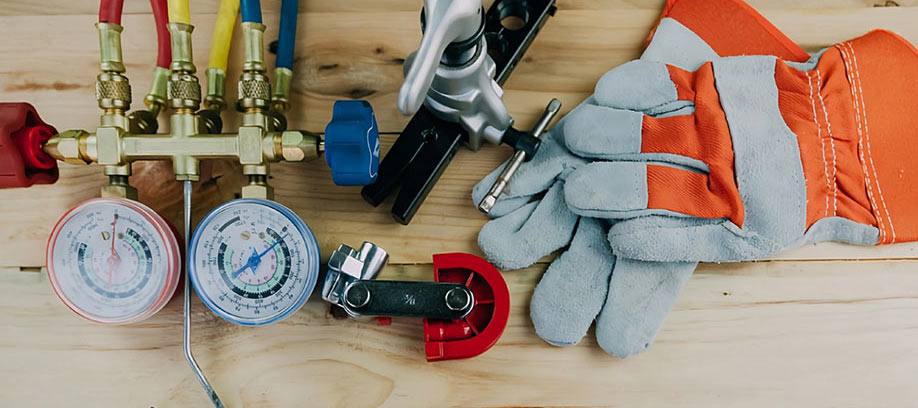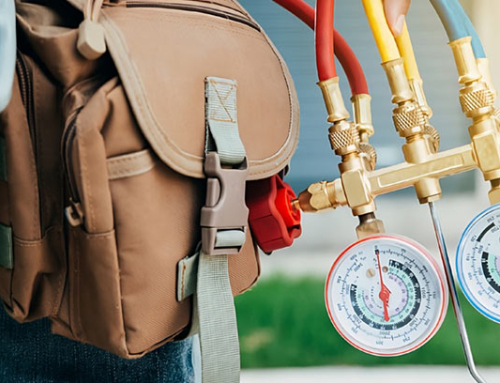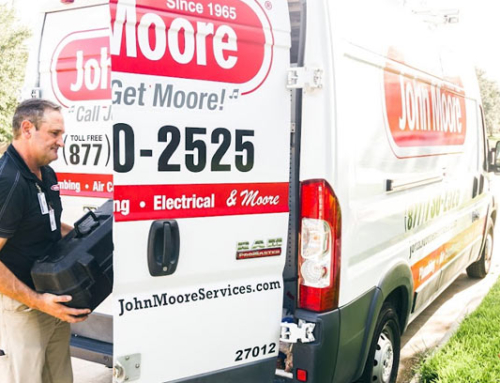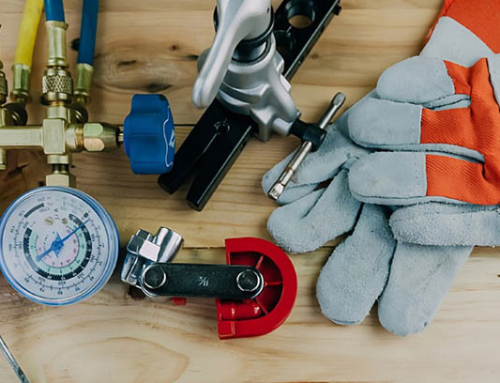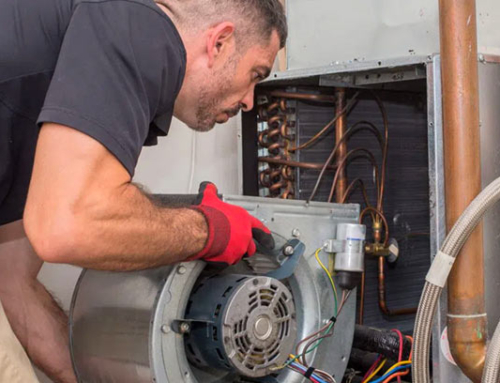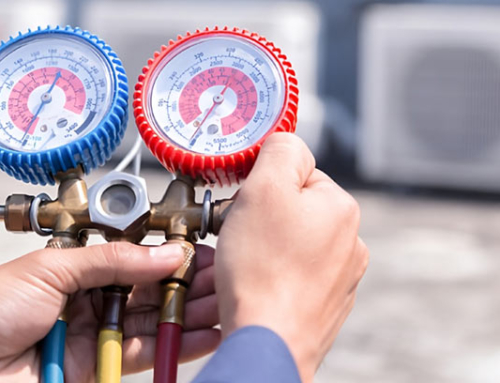When temperatures soar, the last thing you want is for your AC to break down. Unfortunately, AC compressors are notorious for causing problems at the worst time. Why is this a big deal? The AC compressor actually performs a significant role in your air conditioning system. It is located in the outdoor unit of your AC system and is usually a large metal cylinder. This is powered by a motor and works by compressing the refrigerant gas, which increases its temperature and pressure. The compressed gas then flows through the system’s refrigerant lines, where it cools down and releases its heat outside. Once the gas has cooled down, it is sent back to the compressor to start the process all over again. Now without this, your AC wouldn’t be cooling properly, and it would eventually cause the whole thing to fail completely.
Troubleshooting the AC compressor
Fortunately, when your AC compressor is failing, there are ways you can troubleshoot or fix it on your own. You may notice some telltale signs, such as the failure to cool your home, or hearing strange rattling or clunking sounds coming from your AC. When this happens, the first step is to turn off your AC and disconnect from the power source. This will prevent any accidents and ensure your safety while you work on your AC system. Once you’ve done that, you can start diagnosing the problem.
The usual issue with AC compressors is when they won’t turn on. This can be caused by a faulty thermostat, a blown fuse, or a problematic capacitor. To troubleshoot this issue, start by checking your thermostat to make sure it’s set to the correct temperature. If that’s not the problem, you can check your fuse box to see if any of the fuses have blown. If a fuse has blown, replace it and see if that fixes the problem. If the problem persists, it may be a capacitor issue, then you can simply replace it.
In some extreme cases, your AC compressor may be beyond repair, and you will have no choice but to replace it. While this can be a costly and time-consuming process, it is necessary to keep your AC system functioning properly. Make sure to choose a high-quality replacement that is compatible with your AC system. You will also need to recharge your refrigerant and test out your AC system to ensure it is functioning properly with the new compressor. With that said, you should still consult a trusted and professional technician because it may end up being cheaper to just purchase a new unit altogether. A professional AC technician can diagnose and fix the complex issues with your AC system, including issues with your compressor, and at the same time, recommend when a new unit is necessary.
Overall, an issue with your AC compressor can be a huge pain, but luckily there are solutions to this problem. With a little bit of knowledge and these handy tips, you can troubleshoot and fix your AC compressor on your own.

